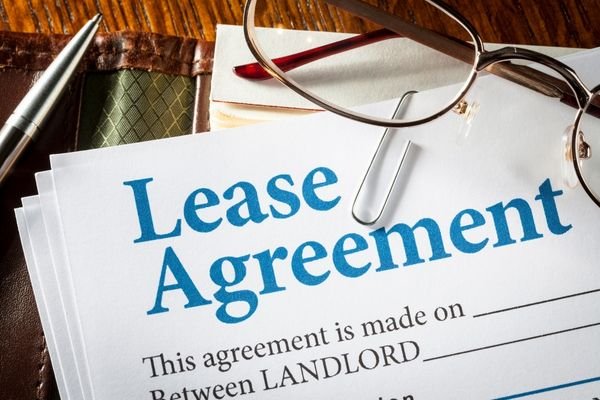Insights
Nash & Co Solicitors is recognised for understanding our clients’ business and personal matters, in-depth knowledge, experience, and cost-effective representation. Our Insights draw on the experience and expertise of our lawyers and experts.
All Categories
- A&E Treatment
- APIL Injury Awareness Week
- Armed Forces Injuries
- Best Interests Meetings
- Cancer Treament
- Care Support
- Careers
- Children
- Commercial Dispute Resolution
- Commercial Property
- Corporate and Business
- Deferred Payment Agreements
- Dementia
- Divorce
- Employment
- Family
- High Value Property
- Lasting Power of Attorney
- McClure Solicitors
- Medical Negligence
- Military Injury Claims
- Motor & Cycling Accidents
- NCW
- NHS Continuing Healthcare Funding
- Notary
- Personal Injury
- Probate
- Residential Property
- Sodium Valporate
- Trusts
- Wills
- Workplace Accident
Month
- March 2025
- February 2025
- November 2024
- October 2024
- August 2024
- July 2024
- June 2024
- May 2024
- April 2024
- March 2024
- February 2024
- January 2024
- December 2023
- November 2023
- October 2023
- September 2023
- August 2023
- July 2023
- June 2023
- April 2023
- March 2023
- January 2023
- November 2022
- June 2022
- May 2022
- March 2022
- February 2022
- January 2022
- December 2021
- November 2021
- October 2021
- September 2021
- July 2021
- June 2021
- May 2021
- April 2021
- March 2021
- February 2021
- January 2021
- October 2020
- September 2020
- August 2020
- July 2020
- June 2020
- April 2020
- March 2020
- February 2020
- November 2019
- August 2019
- June 2019
- February 2019
I want to rent out my commercial property on an easy-in easy-out basis. Do I really need a formal lease document?
On 19 June 2020 the Government published the Code of Practice for commercial property relationships during the COVID-19 pandemic. The Code is voluntary rather than mandatory. It’s objective is to provide a level of support to all those stakeholders in the commercial property sector. This ranges from customers and occupiers, through to the landlords and lenders.
Overage: Beware of the Trigger
Overage provisions take many different forms to accommodate a variety of scenarios. The common theme among all though is they cover the situation where the parties to a property transaction agree that the circumstances justify the seller being entitled to further payments in relation to the property being sold, at some point in the future. The parties are free to set the terms of the overage provisions which will often be shaped by current market conditions and the respective bargaining strengths of the parties involved.


